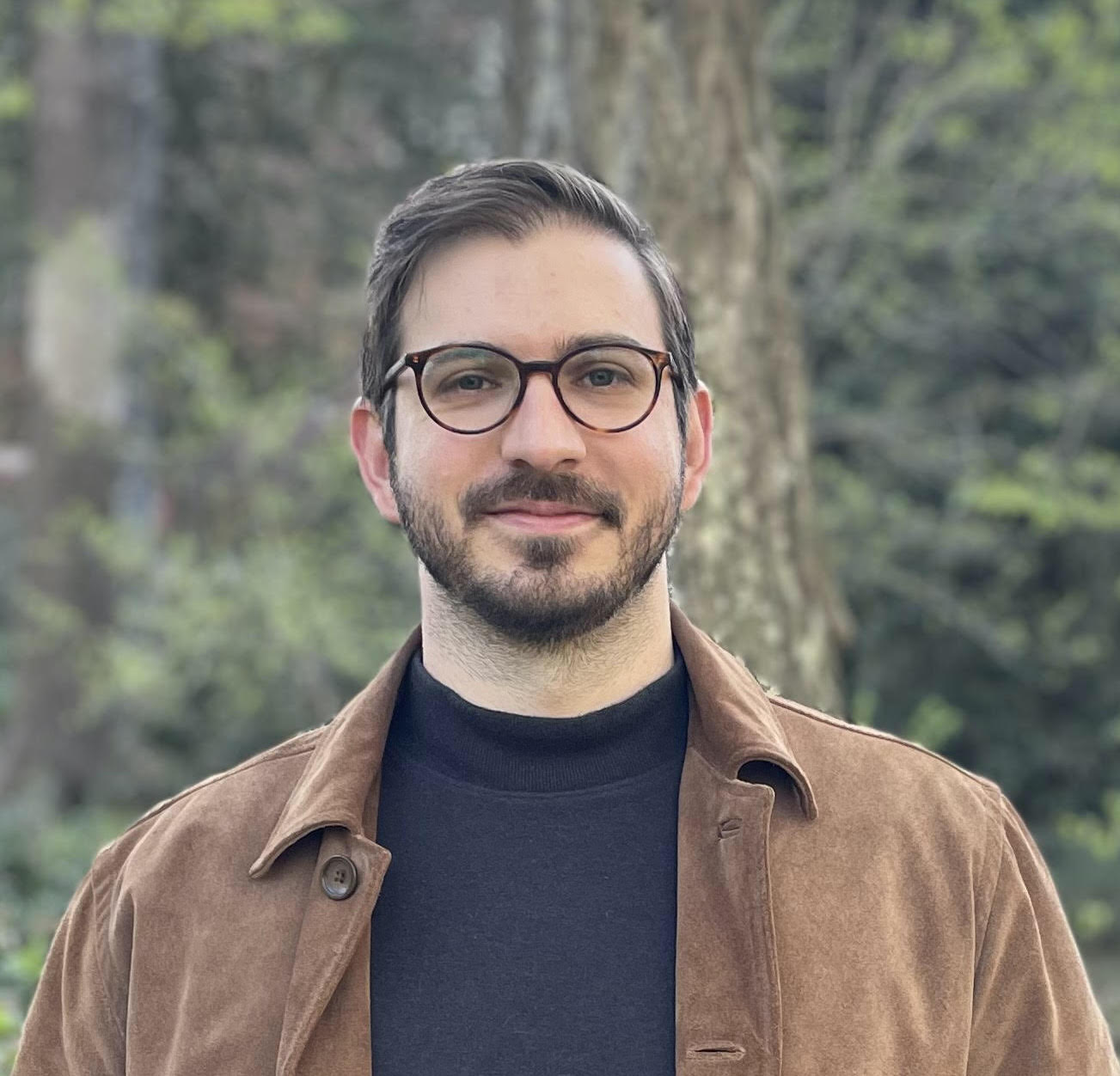
Jaff Dilshad
Dilshad Jaff, research adviser for conflict prevention and disaster preparedness in the Gillings School’s Gillings Global Gateway, and Anant Kumar, adjunct associate professor in the Public Health Leadership Program, are co-authors of the study, which appeared in the Journal of Health Systems.
Tobacco use, including cigarette smoking, is among the top five causes of disease and death in the Kurdistan region of Iraq, but the use of a water pipe, or hookah, for tobacco delivery has become increasingly fashionable among young men and women in the region.

Kumar Anant
In addition, there are negative health outcomes related to sharing the mouthpiece of the hookah, including the spread of infectious diseases such as tuberculosis, herpes and influenza.
The authors attribute the increase in hookah use to young people’s associating smoking with independence, sex, success and adventure, as well as the easy access and availability of the product.
They encourage the Iraqi government and Kurdish authorities to identify hookah smoking as a serious public health threat and to commission research studies that will describe and forestall the epidemic.
“It is alarming that so many young men and women in the region have begun to practice this harmful habit recently,” Jaff said. “The ongoing armed conflict, economic distress and the availability of cheap and accessible tobacco products are among the factors that contribute to this public health problem.”
Jaff, a physician who also is adjunct assistant professor of maternal and child health at the Gillings School, has worked for more than 15 years in conflict zones in the Middle East, addressing complex humanitarian crises. Kumar, who was a Fulbright Scholar at the Gillings School from 2015 to 2016, is associate professor in the Xavier Institute of Social Service, in Ranchi, India.





